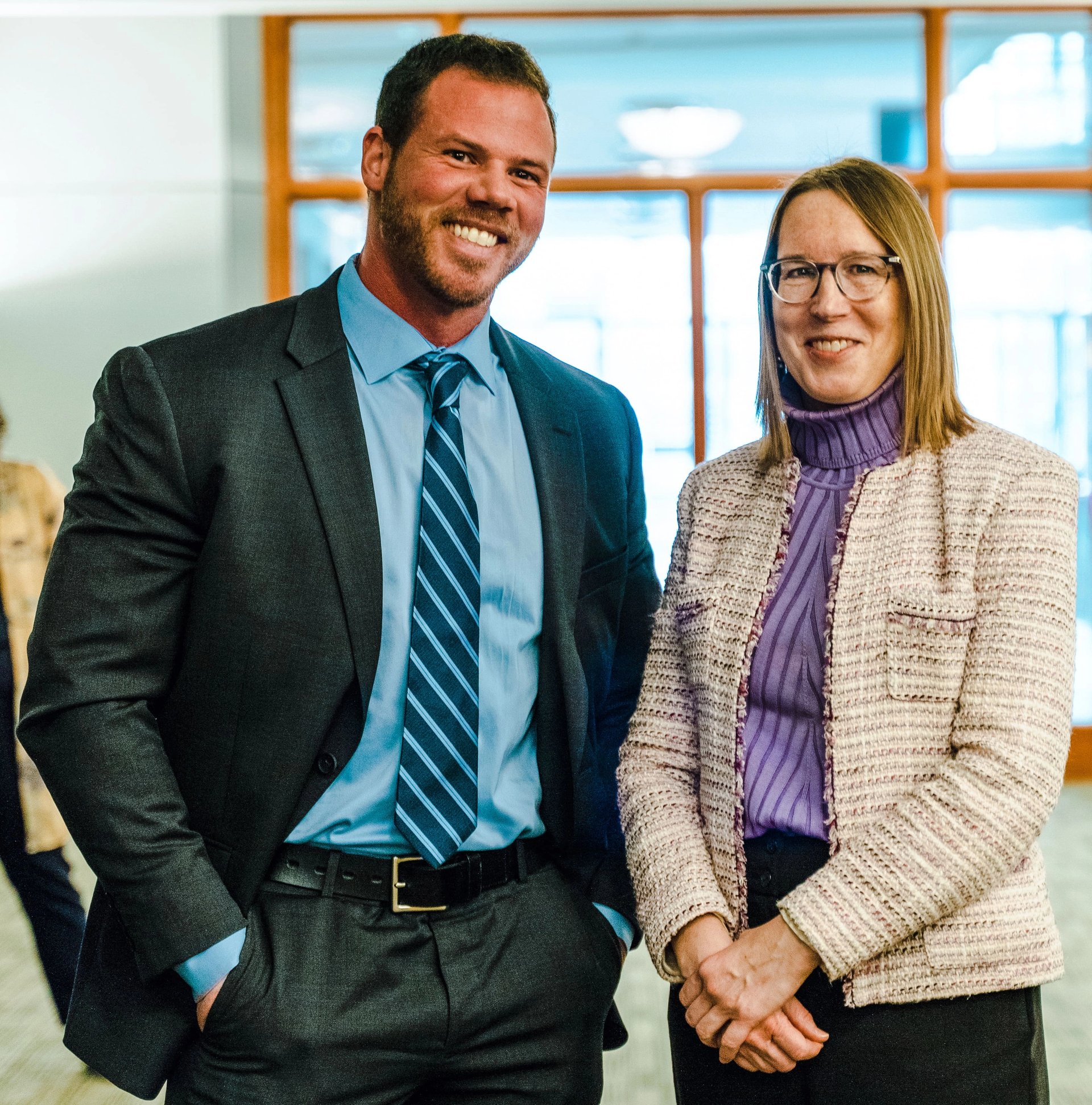Subscribe to wiki
Share wiki
Bookmark
Jake Claver
The Agent Tokenization Platform (ATP):Build autonomous agents with the Agent Development Kit (ADK)
0%
Jake Claver
Jake Claver is an American entrepreneur and investor in the digital assets and blockchain industry.
He is the founder and Director of the Digital Ascension Group[1] family office and serves as the CEO of Syndicately, a Special Purpose Vehicle (SPV) investment management platform that tokenizes assets. [1] [3] He also co-authored the book "Wealth in Numbers," a guide to Special Purpose Vehicles (SPVs).[3]
Early Life
Born and raised in the Dallas, Texas metropolitan area, Jake Claver spent his early years attending public school and engaging in sports. As a teenager, he was a participant in the North Texas PGA Junior (NTPGA Junior) Tour.[2]
Education
In 2009, Jake graduated from high school. He attended Dallas College, earning an Associate of Arts and Sciences in Business Administration and Management, and later attended the University of North Texas (UNT), where he earned a Bachelor of Business Administration in Finance.[3] Alongside his formal education, Jake dedicated time to independent studies in blockchain technology and wealth management. He also obtained the Qualified Family Office Professional (QFOP) certification.[3] [4]
Career
Jake Claver's professional journey began at Fastenal, where he held various sales roles for five years before transitioning to Global Bearings.[3] During this period, Jake independently cultivated his investment portfolio, focusing on digital assets and private equity.
His work in digital assets led to a role as a private consultant for a single-family office. By 2022, Jake transitioned to a career as a full-time family office consultant, advising family offices and high-net-worth (HNW)/ultra-high-net-worth (UHNW) individuals on digital assets projects.
In 2023, Jake acquired a majority share in Syndicately alongside Max Avery and Aleph Zero founder Matthew Niemerg. Under his leadership, Syndicately expanded its services to include tokenization capabilities, leveraging partnerships with R3 Corda, the XRP Ledger, and the XDC Network.
Claver's firm established a partnership with Standard Custody & Trust, making it the first Family Office & Wealth Management Account to offer digital asset custody solutions.[5] This collaboration utilized technology developed by Ripple CTO David Schwartz and Polysign founder Arthur Britto. Digital Ascension Group continues to partner with Standard Custody & Trust. Jake also acts as a strategic consultant for various blockchain projects.

Jake Claver with SEC Commissioner Hester Peirce
Public Engagements and Memberships
Jake Claver has been a speaker at several blockchain and digital asset conferences, including the XRP Las Vegas Conference in 2023[6], the onXDC conference in Austin, Texas in 2023[7], and the USA-UAE Alliance Blockchain Summit in Dubai in 2024[8]. His contributions to the blockchain community are further recognized through his membership in the Arkansas Blockchain Council[9].
In April 2025, Digital Ascension Group hosted the Digital Fusion Summit in Dallas, an event designed to connect family offices and institutional investors with leaders in the digital asset industry.[10]
Investment Philosophy
Claver's stated investment philosophy centers on proactive and comprehensive digital wealth management. He has publicly advised investors, particularly those holding assets like XRP, to establish legal, tax, and security structures before realizing significant profits, stating that waiting can create complexities.[11] [12]
Bridging Traditional and Digital Finance
His firms, including Digital Wealth Partners and Digital Ascension Group, provide services tailored for digital asset portfolios, such as entity formations, asset protection trusts, and tax strategies. A key part of his stated strategy involves integrating traditional financial instruments with digital assets, such as facilitating the investment of digital assets into insurance products for tax-advantaged growth.[11]
Asset Protection and Risk Mitigation
Claver's approach to risk management includes the use of institutional custody solutions, secure storage, and insurance to protect assets. He recommends using digital asset-specific trusts, LLCs, and custody solutions. His firms aim to generate cash flow through secured strategies within institutional custody, with projected annual returns between 10% and 20% while mitigating counterparty risks.[11] [12]
Accessibility and Generational Wealth
Claver's stated long-term vision is to safeguard and transition wealth for future generations. Through his initiative Digital Family Office, he provides wealth structuring, estate planning, and tax mitigation for digital assets. His firm charges fees between 20 and 40 basis points, which is below the industry standard of two percent often charged by conventional fund managers.[11]
Market Analysis
Claver provides public commentary on cryptocurrency market dynamics, focusing on both short-term volatility and long-term adoption trends.
Macroeconomic Outlook
He has commented on potential short-term volatility for Bitcoin, driven by macroeconomic factors such as the unwinding of the reverse carry trade, where borrowing from low-interest regions could impact global markets. He suggested that while Bitcoin could fall, such events would present strategic buying opportunities. He also highlighted the role of stablecoin regulation, predicting potential implications for leading stablecoins like Tether that could affect market liquidity. Despite these short-term risks, he has expressed confidence in long-term crypto adoption driven by utility, particularly in networks that facilitate international transactions.[11] [13]
Real-Time Settlement Adoption
A significant part of his forecast involves the adoption of digital assets for real-time settlements in traditional financial markets. He specifically pointed to Project Ion, a collaboration between the Depository Trust & Clearing Corporation (DTCC) and R3, as a development that could impact financial settlements and market efficiency by using digital assets like XRP.[11] [13]
XRP Price Prediction
Claver publicly forecasted that XRP could reach a price of two thousand dollars by early 2026. This forecast is based on a convergence of factors, including the aforementioned macroeconomic trends, regulatory pressure on stablecoins like Tether, and XRP's utility as a bridge asset for real-time, cross-platform financial settlements. While the prediction would require a market capitalization that would exceed $120 trillion, he bases it on the potential for a shift in global finance toward blockchain-based infrastructure.[13]
See something wrong?
The Agent Tokenization Platform (ATP):Build autonomous agents with the Agent Development Kit (ADK)
